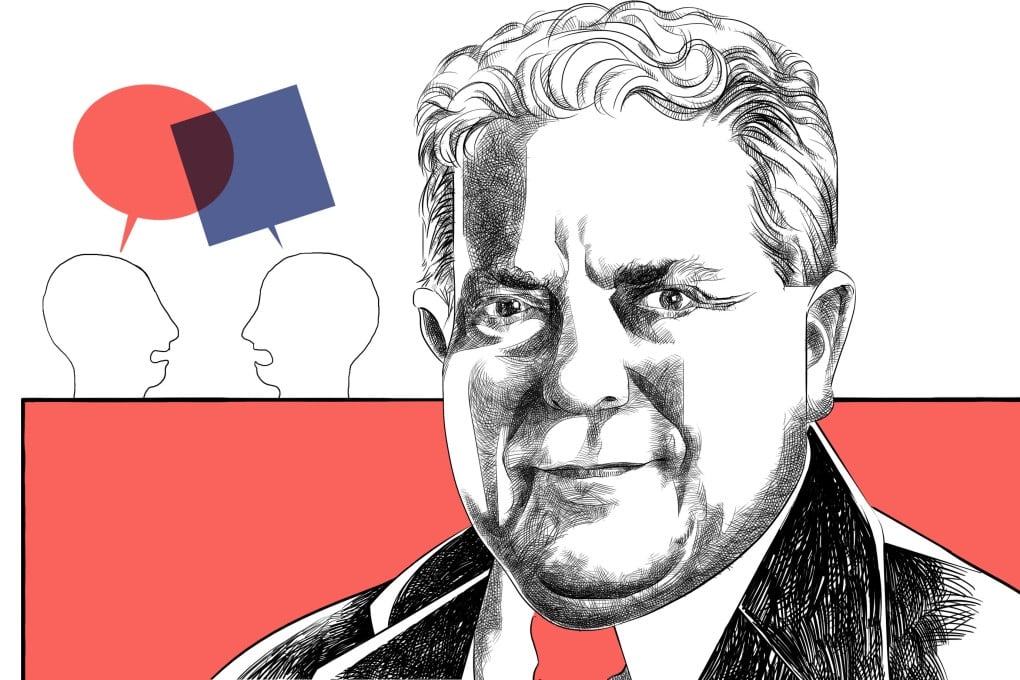Open Questions | Chas Freeman on Mao, the next Kissinger and why now is not like the Cold War
Former Nixon interpreter says with strategic vision and diplomacy, US and China could have ties ‘grounded in equality and mutual benefit’

Nixon was a devious and manipulative politician who became a statesman with a sophisticated understanding of geopolitics. His opening to China reflected that evolution. More recent presidents are ideologically unsympathetic to China, uncomprehending of the developing global order, and in denial about the rapid retreat of US global influence.
I never met Mao Zedong. (Nixon did not take anyone from the Department of State to his meeting with the chairman on February 21, 1972.) Mao Zedong had a force and energy which none but men of equally great spiritual conviction could withstand. His animal appetites, we now know, matched his intellectual vigour. He was an object of adulation to his subjects and of mingled admiration and dread to his subordinates and intimates. While Mao lived, the brilliance of his personality illuminated the farthest corners of his country and inspired many would-be revolutionaries and romantics beyond it.

Few indeed loved chairman Mao’s style of governance, but all but a few of those who despised it most loved the People’s Republic he had founded more, and hated him less than they feared him.
Had he been less insistent on grand and impractical visions, his ideas would not have convulsed his country as desperately as they did, nor would they have been as thoroughly discredited. Had he not driven his country mad with attempts at sudden, violent change, China would not, however, be as devoted to domestic tranquillity as it now is, nor would it have so easily accepted the international order it once rejected but in which it now prospers.
